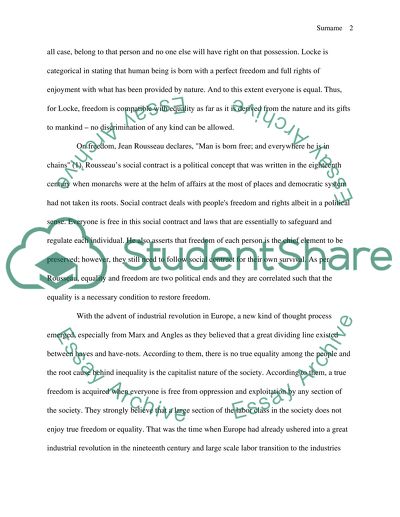Cite this document
(“Freedom and Equaity Essay Example | Topics and Well Written Essays - 1750 words”, n.d.)
Freedom and Equaity Essay Example | Topics and Well Written Essays - 1750 words. Retrieved from https://studentshare.org/history/1477895-freedom-and-equaity
Freedom and Equaity Essay Example | Topics and Well Written Essays - 1750 words. Retrieved from https://studentshare.org/history/1477895-freedom-and-equaity
(Freedom and Equaity Essay Example | Topics and Well Written Essays - 1750 Words)
Freedom and Equaity Essay Example | Topics and Well Written Essays - 1750 Words. https://studentshare.org/history/1477895-freedom-and-equaity.
Freedom and Equaity Essay Example | Topics and Well Written Essays - 1750 Words. https://studentshare.org/history/1477895-freedom-and-equaity.
“Freedom and Equaity Essay Example | Topics and Well Written Essays - 1750 Words”, n.d. https://studentshare.org/history/1477895-freedom-and-equaity.


